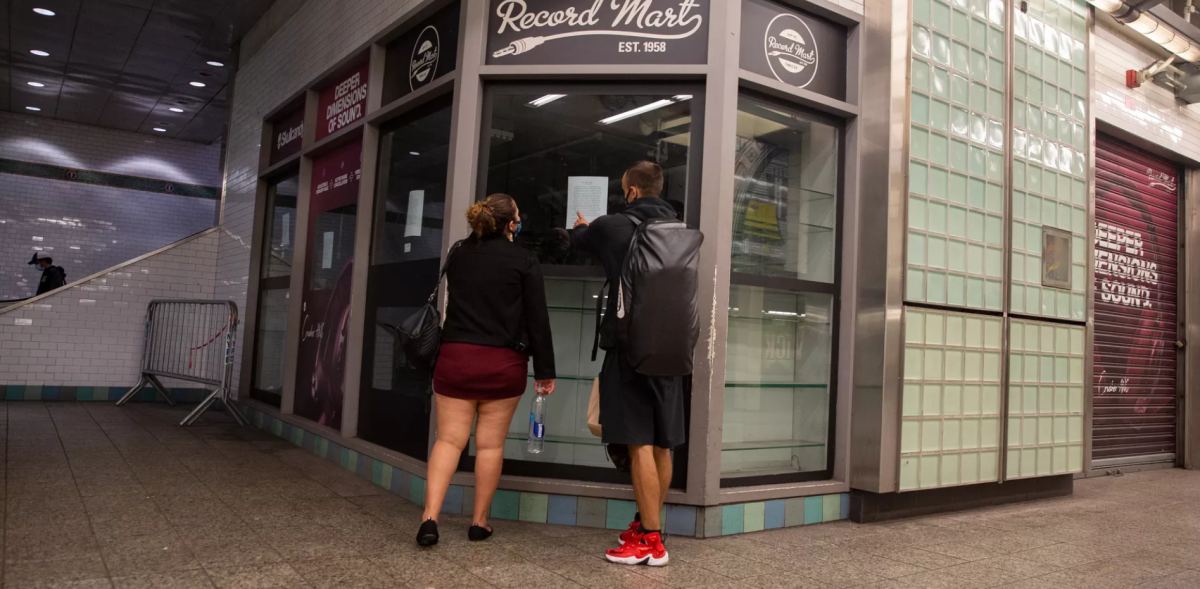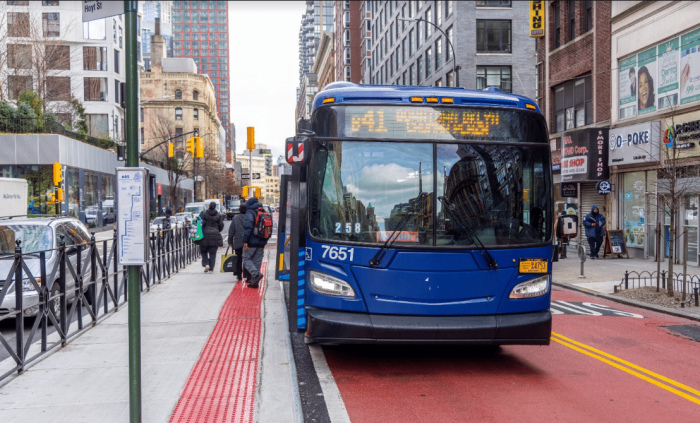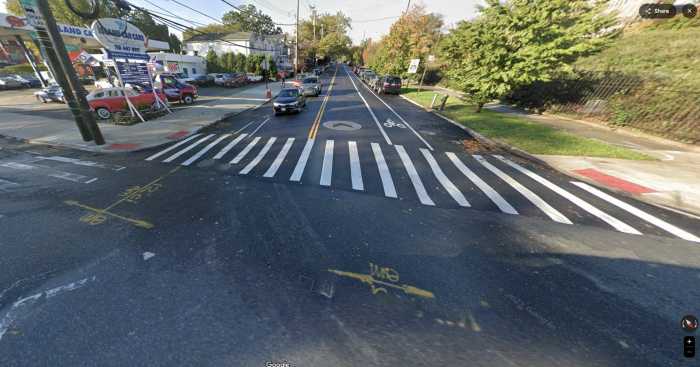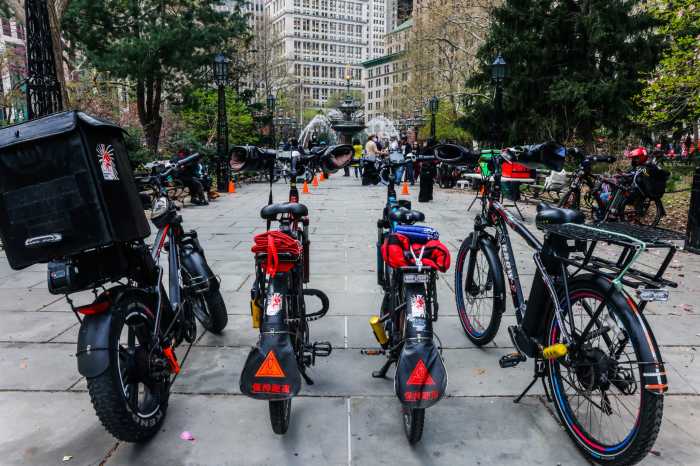By Jose Martinez, THE CITY
This article was originally published on by THE CITY
As riders slowly return to the subway, they may notice more missing from station platforms and passageways than swarms of straphangers.
Many of the retail spaces scattered about hundreds of stations — from a music store famed for its Latin music collection to a tiny storefront where you could buy a pair of cheap sunglasses before walking to the beach — have closed since the onset of the pandemic in March, according to the MTA.
“I just couldn’t see hanging on,” said Lou Moskowitz, 53, whose Record Mart in the Times Square-42nd Street complex shuttered for good in June.
The MTA said that 35 of the 215 retail spaces in the subway — more than 16% of all storefronts in the system — have gone out of business in the last five-plus months. The exodus has further wrecked the finances of a transit agency suffering from a massive pandemic-driven collapse in revenue from fares, tolls and subsidies.
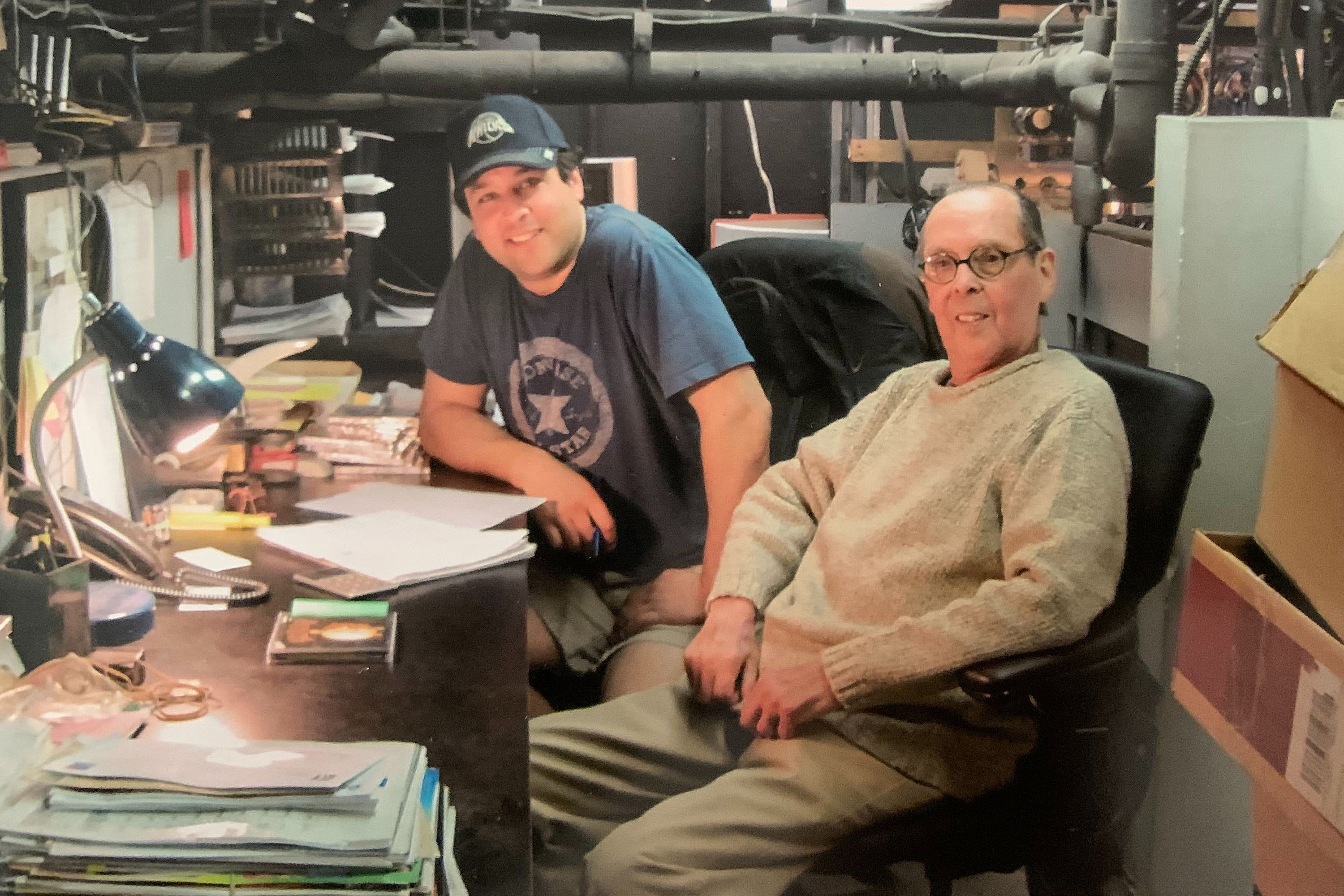 Courtesy of Lou Moskowitz
Courtesy of Lou MoskowitzThe demise of Record Mart marked the end of a business that billed itself as “the oldest record store in Manhattan” and whose subway roots dated to 1958, when Jesse Moskowitz and Bob Stack established the shop inside the 14th Street-Union Square station.
“We were holding on, and I was planning on going as long as I could,” said Lou Moskowitz, the son of Record Mart’s co-founder. “But with this pandemic, I knew we had no chance.”
It’s been a similar refrain among shopkeepers throughout the subway system. Shops have closed at the Fordham Road stop along the No. 4 line in The Bronx, at the Delancey Street/Essex Street complex on Manhattan’s Lower East Side and at Jay Street-MetroTech in Downtown Brooklyn.
At Brooklyn’s Stillwell Avenue terminal, which is set to undergo an extensive retail makeover, the Coney Island Beach Shop — which sold T-shirts, sunglasses and suntan lotion — was among those that closed.
MTA Offers Rent Breaks
Andrei Berman, an MTA spokesperson, said the agency has implemented a rent-deferral program for tenants during the “immensely challenging” coronavirus crisis.
“In the months ahead, we will work to advance a wide range of policies aimed at bringing back tenants to some of the locations in question,” he said. “[We] expect that vacancy rates will decline as customers continue to return to the system in greater numbers.”
The increase in subway storefront closures followed recent efforts by the MTA to modernize retail in the transit system in the face of declining demand for everything from newspapers to candy bars.
Berman said the push to bring in new tenants has been complicated by a pandemic that, at one point, sunk subway ridership in April by more than 93% from that month the previous year.
 Jose Martinez/THE CITY
Jose Martinez/THE CITY
The latest MTA weekday ridership figures, from Aug. 31, show that just over 1.4 million people rode the subway that day — down nearly 75% from 2019.
Retail revenue amounts to a fraction of income for the MTA, which is now seeking $12 billion in emergency federal aid. Without another influx of funds from Washington, officials have warned, they will be forced into 40% cuts to bus and subway service, layoffs and postponements to needed capital upgrades.
“What they make from retail is really nothing when you look at it,” Moskowitz said. “But still, it’s something.”
At the sprawling complex that was traditionally the system’s busiest busiest — Times Square-42nd Street/Port Authority Bus Terminal logged more than 65 million riders last year — Record Mart’s seven employees watched as the ranks of straphangers dwindled.
“By May, I knew we couldn’t reopen,” Moskowitz said. “We really had no choice, because we really had no traffic.”
‘A Good Run’
Moskowitz, who declined to reveal how much he paid for Record Mart’s month-to-month lease, said MTA officials tried to get him to stay. But he couldn’t be convinced.
“I know my dad, he would have been, ‘Just shut it down,’” he said of his father, who died in 2012. “As much as it’s a legacy, I do feel bad about it. But we had a good run.”
Record Mart reopened in 2007 after closing in 1999 for a renovation of the Times Square subway complex. The shop remained popular with fans of Latin music and vinyl, though Moskowitz said business had been shrinking for years.
‘You realize how fragile things are.’
In 2019, he started Record Mart Hi-Fi, an online offshoot specializing in high-end audio devices. A letter thanking customers “for the privilege of serving our fellow New Yorkers” is posted in the window of the now-vacant Times Square shop.
Moskowitz said he stopped by the storefront a few weeks ago and “saw maybe 40, 50 people” passing on the way to and from the 42nd Street Shuttle at about 1 p.m.
“It’s eerie,” he said. “You realize how fragile things are.”
THE CITY is an independent, nonprofit news outlet dedicated to hard-hitting reporting that serves the people of New York.



